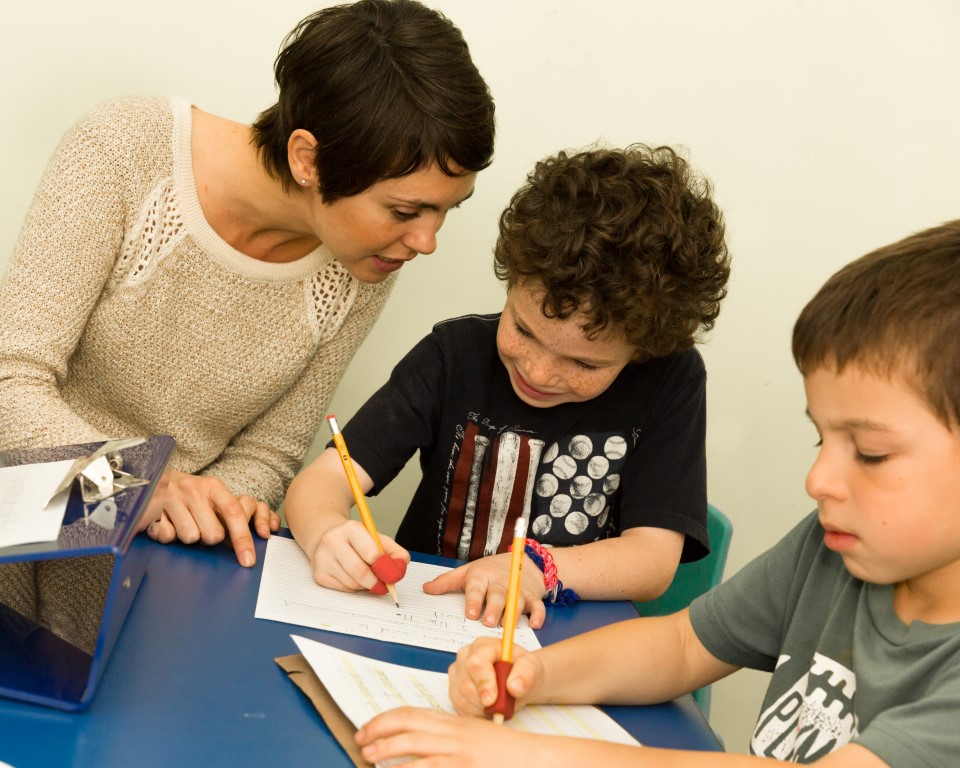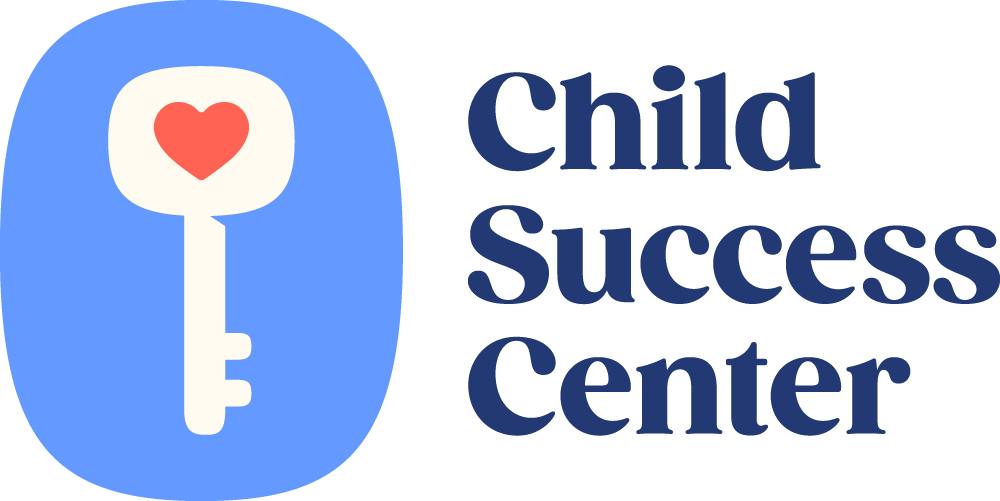Is Your Child Struggling in School?
One in five young children are struggling in school right now. If this includes your child, early assistance can have her or him back on track this school year.
Now that we are half way through the school year and at, what should be, a steady pace for your child, this is a great time to address concerns that may have come to light regarding his or her development or learning journey. If you or your child’s teacher has growing concerns about your child’s progress at school, now is the time to seek information or get an assessment to have him or her back on track to finish the school year at their maximum potential.
 It is not uncommon for a preschool or elementary school teacher to identify challenges that your child may be experiencing at school and for you not to see those challenges at home. The school environment is a multi-sensory setting with many challenges that the home setting does not have. Children need to keep themselves calm to focus and attend to friends and teachers over a long period of time. They use their motor and language skills in a more complex manner while being challenged cognitively.
It is not uncommon for a preschool or elementary school teacher to identify challenges that your child may be experiencing at school and for you not to see those challenges at home. The school environment is a multi-sensory setting with many challenges that the home setting does not have. Children need to keep themselves calm to focus and attend to friends and teachers over a long period of time. They use their motor and language skills in a more complex manner while being challenged cognitively.
For our preschool aged children it is our role as parents to help them play and learn, and as such, we often don’t realize the amount of influence we offer to help keep them calm, happy and successful. Many times children who need a certain level of support away from home, struggle to actively engage in preschool and at times, this happens in higher grades too. Whatever the grade or age of your child, and as hard as it is listen to what your school and teachers have to say, it is valuable information that you should use in seeking additional support from either a developmental specialist (often a speech therapist and/or occupational therapist) or a tutor.
Parents and educators should take note of how well the kids in their care are progressing and look for signs and symptoms that might signal the need for some extra attention and/or educational and therapeutic support. Addressing concerns, whether they are related to learning, motor skills, speech, sensory, behavior, or development are most successfully resolved when caught early on to prevent them from becoming a much more difficult issue to treat. Additionally, when parents and teachers intervene with the right support at the right time, it is far more likely that challenges will be corrected quickly so as not to strongly impact a child’s overall educational focus, or more importantly, their self-concept and self-esteem.
For some parents, it can be very difficult to realize that their child is experiencing a challenge, but it’s important to know that ALL children develop at different rates. Therefore, it’s not uncommon for many children to need assistance of one type or another at some point during their essential growth years. The Center For Disease Control, which documents neurological and developmental disorder rates, estimates that 16.7% of children have diagnosed developmental and/or learning challenges, and further estimates that when adding those who are undiagnosed, the figure could be up to one in five children struggling with development and the learning process.
In addition to inquiring with teachers and other caregivers, observe your child closely and ask yourself key questions that may indicate a need for help. To offer a better understanding of what to look for, we’ve assembled some key questions to assist you in identifying the types of markers that can indicate a potential issue that needs attention:
- Has your preschooler experienced a stalled improvement in vocabulary or pronunciation – or has he or she developed an unusual speech pattern?
- Does your child have difficulty properly holding a pencil, using scissors or other routine instrument?
- Is your child unusually clumsy, or having trouble running, climbing or even sitting still?
- Does your preschooler have difficulty playing with other children or sharing with classmates in an age-appropriate way?
- For Kindergarten or grade school aged children: Have their writing penmanship skills plateaued and/or stopped improving in ability from earlier in the school year?
- Is your child struggling with attention and/or following directions?
- Is your child struggling with any areas of academic achievement?
- Is your child avoiding table top play that involves coloring, cutting, drawing or writing?
- Is reading overwhelming for your child and causing anxiety?
For children who need help in any of the areas noted above, parents are encouraged to confer with their child’s teacher for more insight regarding what may be going on, or what can be done to assist the child. Sometimes the parent may see things at home that a teacher does not see. Many children hold it together throughout the school day and are a different child at home. If you, as the parent see this, seek help. Sometimes the observations at school and home are the same and sometimes they are very different. If a child is stressed and struggling, get help early.
If necessary, do not hesitate to seek a qualified professional therapist who can identify the challenge and suggest a treatment or tutoring strategy that can get your child back in the “groove” before the challenge becomes a greater issue. The most important thing is to identify the problem and institute a strategy to help them glide over the speed bump as soon as possible. If you would like additional counsel, Child Success Center has a team of qualified occupational, speech/language and educational therapists who can assist in assessing any difficulties your child might be experiencing and help to keep your little one flying high for the remainder of the school year.
